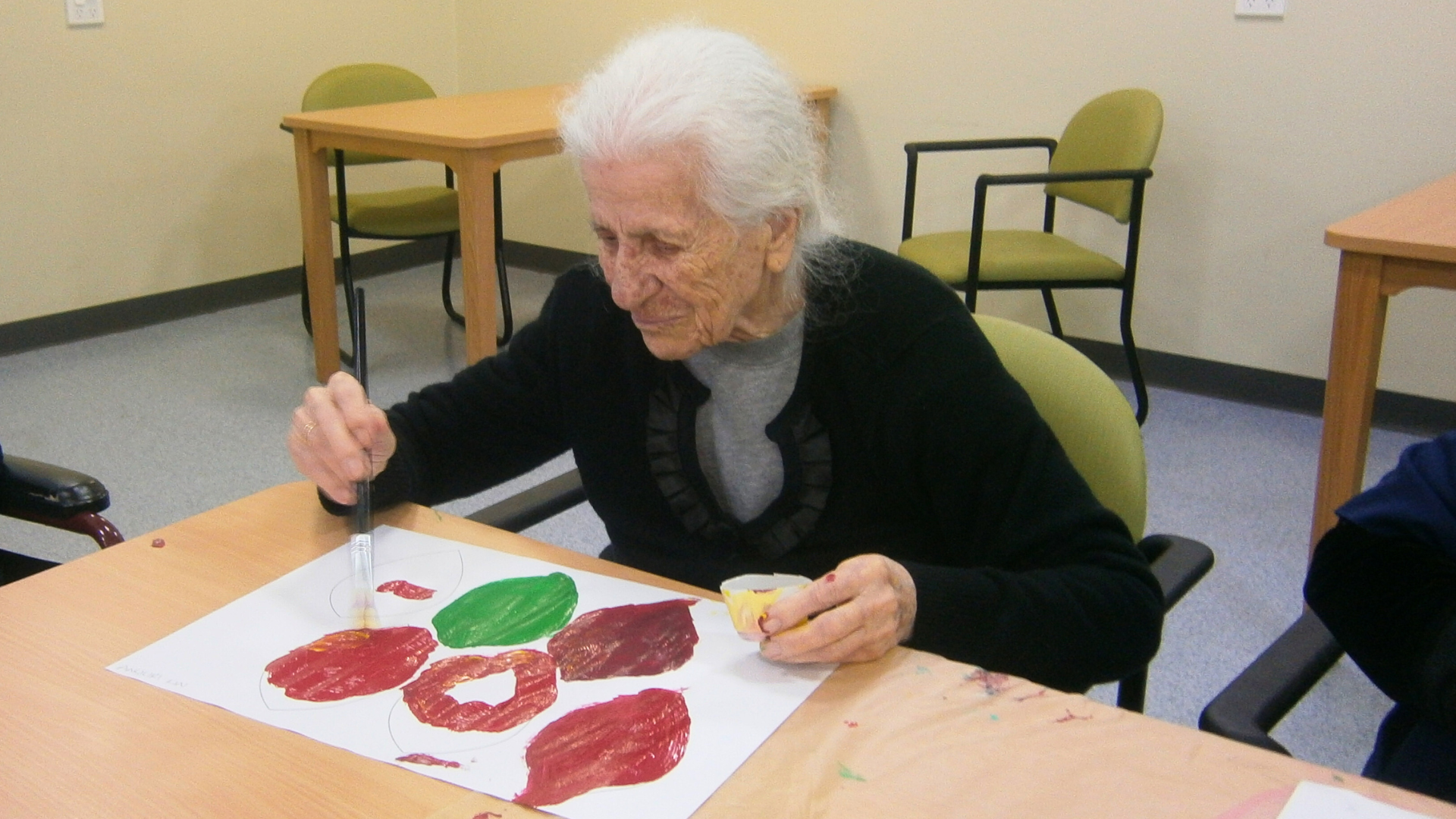The decision by elderly to move into an aged care facility is a huge step.
The Greek Herald spoke to Katerina Kouros, the Director of Nursing and Facility Manager at the Greek Orthodox Community Home for the Aged (GOCHA), to find out how they help with the transition from family home to an aged care facility.
Ms Kouros also addressed the challenges the industry is facing, including demand for aged-care nurses.
The latest data from the Australian Bureau of Statistics (ABS) shows that in 2022 there were 25.6 million people living in Australia and 17.1 percent (or 4.4 million) people were aged 65 years and over.
According to the ABS, Australia’s aging population since 2009 has increased by 52 per cent. The most recent data indicates that 95.9 per cent of older Australians were living in households, while 4.1 percent were living in cared accommodation.

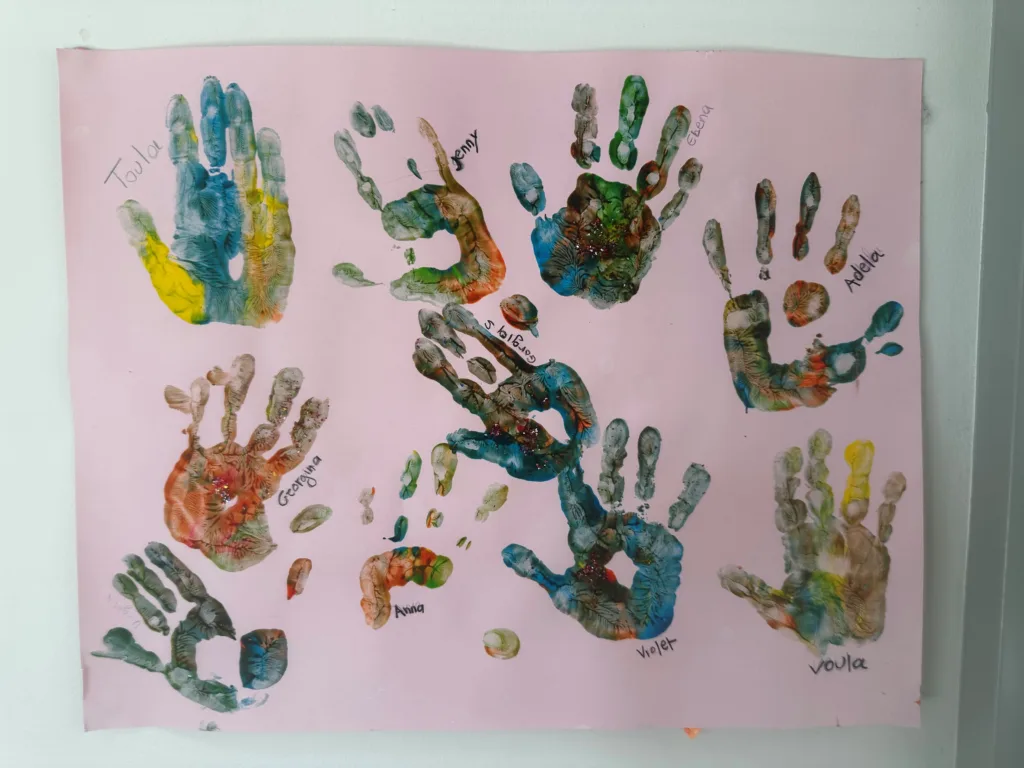
Creating an environment like home
In 1988, the Greek Orthodox Community of NSW (GOCNSW) purchased land in the residential area of Earlwood, Sydney. A massive fundraising effort by various Greek organisations, the Greek community, many volunteers, and state and federal funding saw the vision come to light.
In 1992, construction for the GOCHA was completed.
Ms Kouros, who has a nursing degree and 24 years’ experience, says the team work at helping residents transition into care and to feel they are at home with family.
While 70 per cent of staff are Greek speaking, each shift aims to have one staff member who can speak Greek to be able to assist residents with communicating and to recognise their cultural identity, spiritual needs, their values, and hardships they have faced in their lifetime.
“There’s a profound fulfilment in taking care of others, nurturing, being able to provide comfort to someone and their families in their final days, helping a resident regain independence or mobility, or simply being a firm presence in their life can be incredibly rewarding,” she told The Greek Herald.
“Coming into aged care, at times, can be an easy and smooth transition and sometimes, not. We ensure to meet their needs and make them feel they are at home with family.
“We go to places and venues of the residents’ choice; we have fortnightly church services, and we quickly see the residents love being in our facility as they feel it is even better than being at home alone.”
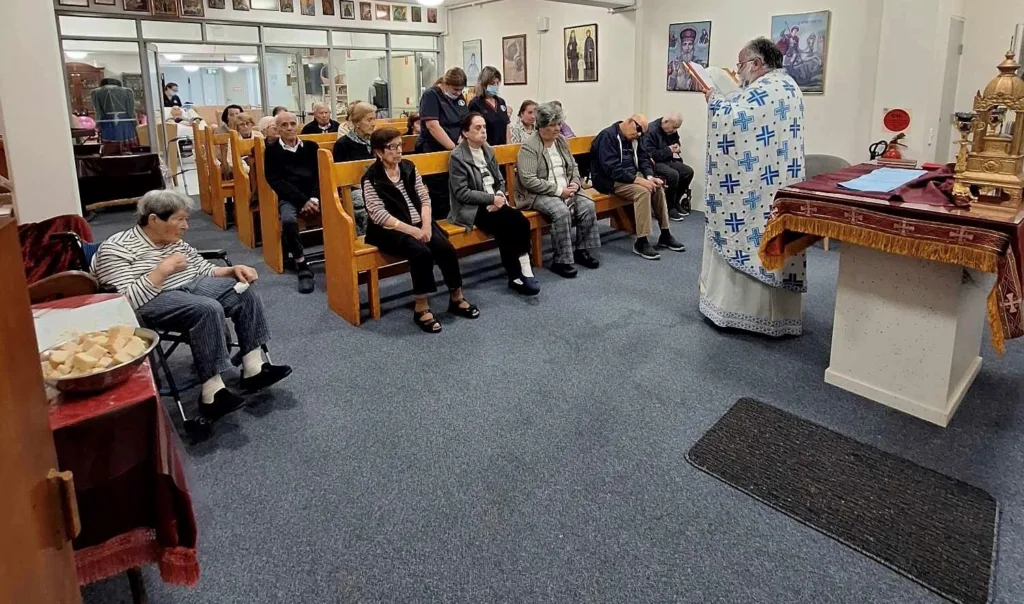
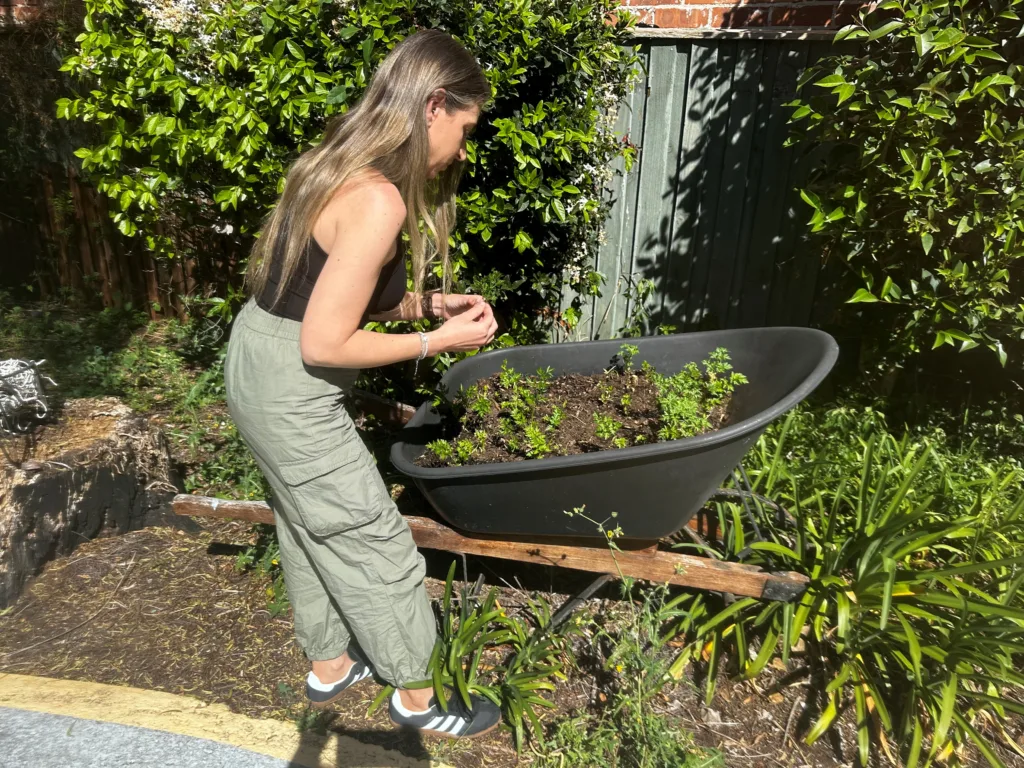
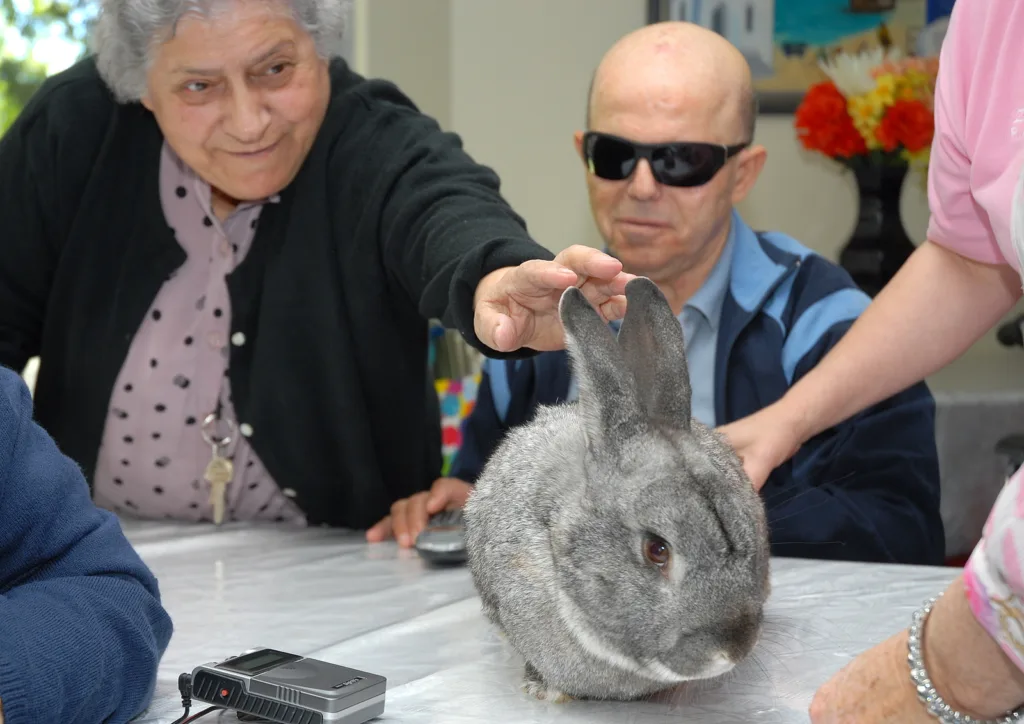
A day in the life of a resident
The team at GOCHA work closely with the Local Health District and if residents request or require a service, it is provided.
“We enjoy an excellent rapport with all our external providers offering services to our residents,” Ms Kouros said.
“We operate bus outings twice a week to the residents’ preferred venues and places of interest. Often their outings are to parks and to the beach for sandwiches and coffee as the residents really enjoy getting out in the fresh air and sunshine.”
- Morning activities – Residents are assisted with personal grooming and choosing their clothes for the day. A hot and cold breakfast is served at 8am and they have the opportunity to chat to others. At 9.30am, group and individual activities are offered or they can attend a gentle exercise class, take part in a walking group/assisted walking, mental stimulation activities, spiritual time or other activities for maintaining and improving fine motor skills. Morning tea is served during this time.
- Lunch is a choice of a Mediterranean menu approved by the dietician, and this is also a time for residents to come together and socialise.
- Lifestyle program – after lunch, residents can choose from taking a rest/nap, watching a Greek movie, or have family/friends visit. Afternoon tea is also served followed by Bingo.
- Late afternoon is a time for relaxation and quiet conversation to unwind before the evening meal.
- Other activities each month – a BBQ, live music, a fortnightly church service run by Father Sotiris and Father Stavros, bus outings twice a week chosen by residents, and recently, residents formed a musical group so they can perform for family and friends.
- Facilities available to residents include a GP, medical specialists, pharmacists, optometrists, podiatrists, speech pathologists, physiotherapist, and a hairdresser who visits fortnightly.
- Challenges facing the aged care industry include demand for aged-care nursing staff, the cost of living, rising costs of food produce, wage increases, new Aged Care Strengthened Standards, and the New Aged Care Act.
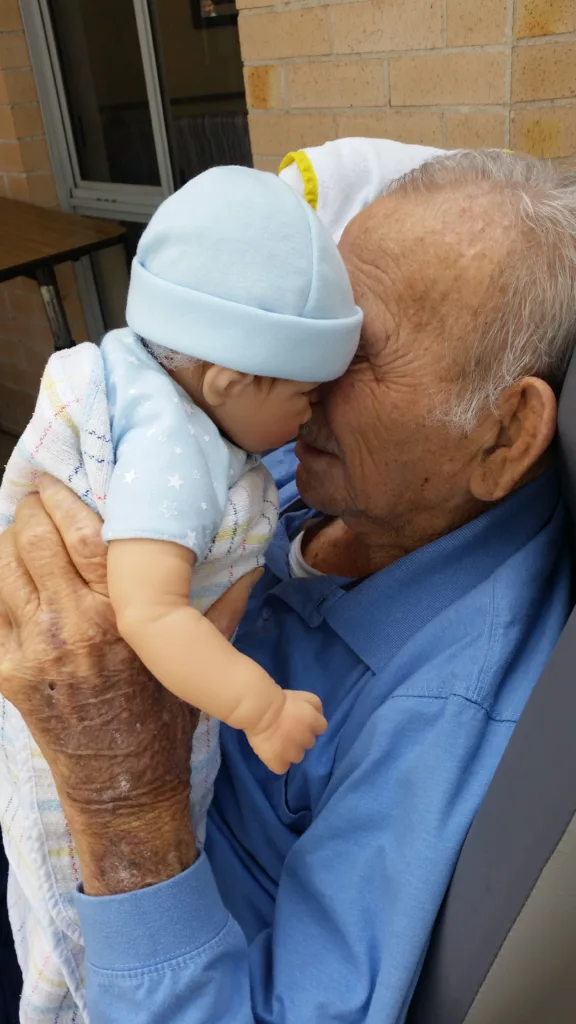
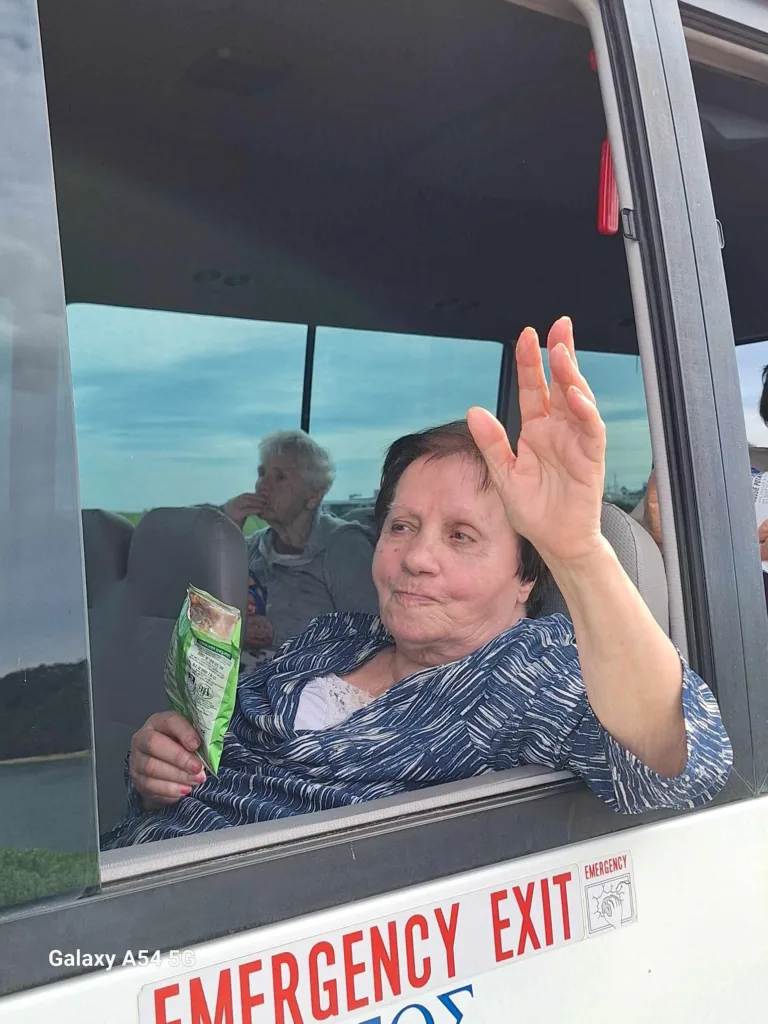
Ms Kouros said GOCHA has a low staff turnover and staff usually leave because they are ready to retire from working life.
“We work very hard to maintain and exceed our Care minutes and are proud of our Star Ratings,” she said.
“Demand for aged-care nurses is not going away. The role nurses will play in aged care will become increasingly more diverse.
“The residents we care for are in their final stage of life, and regardless of what choices they made in earlier years, during the time that they are with us, they need someone to love them and share their life with them.”
